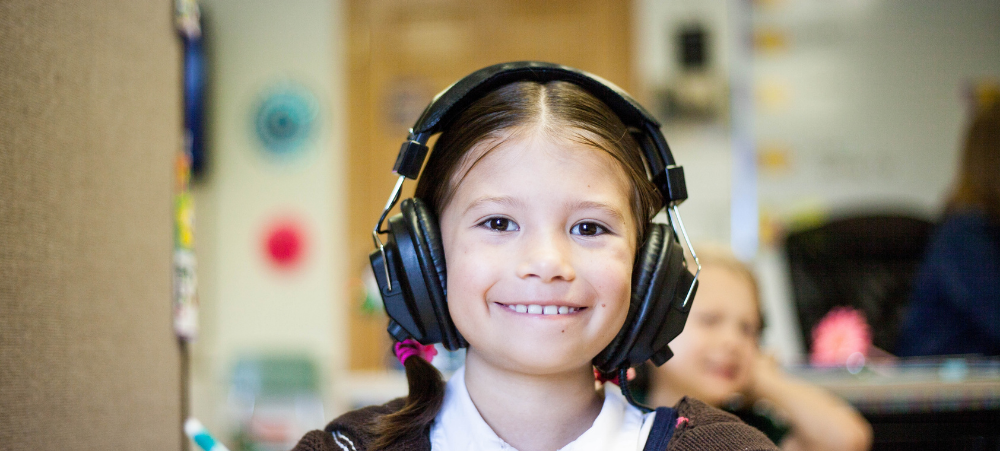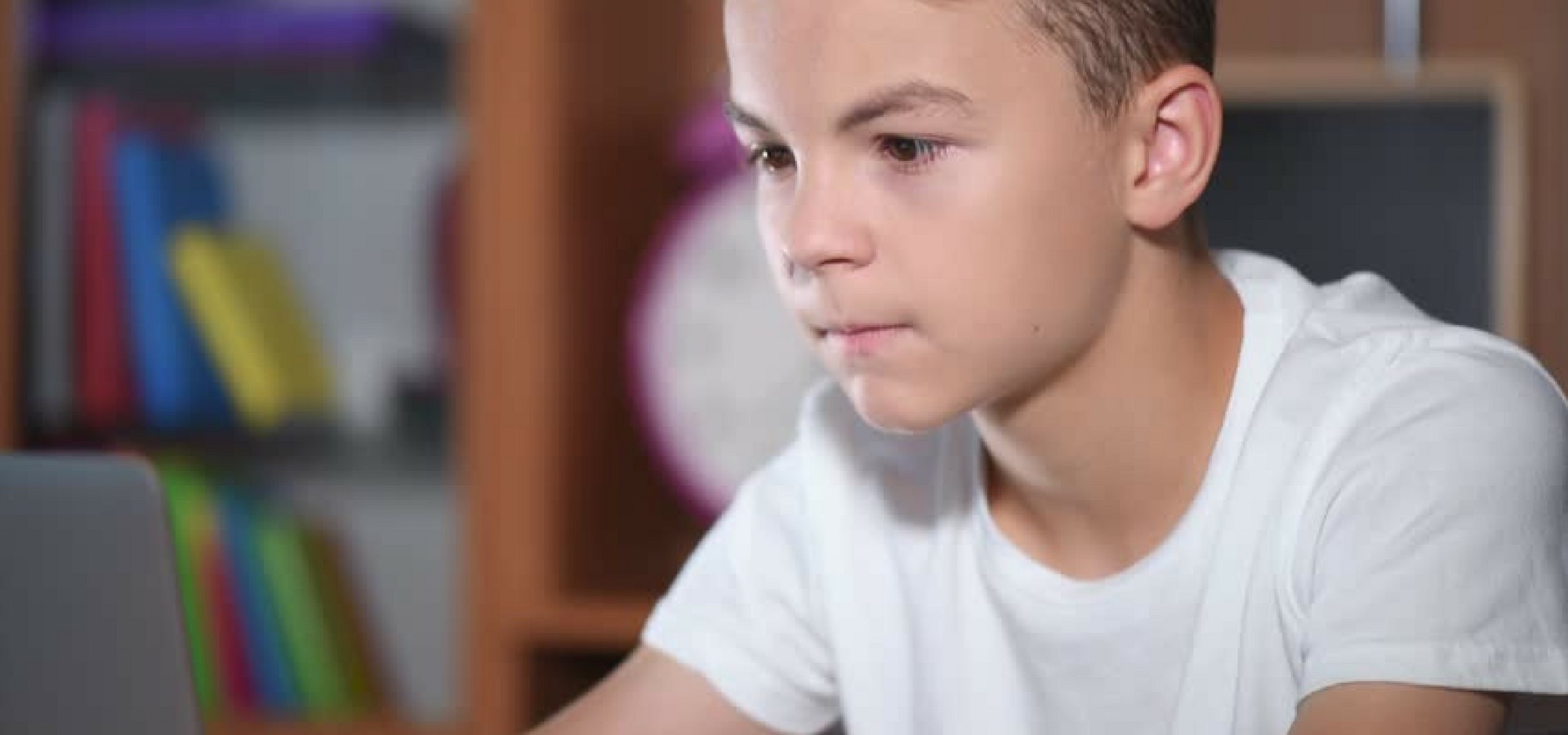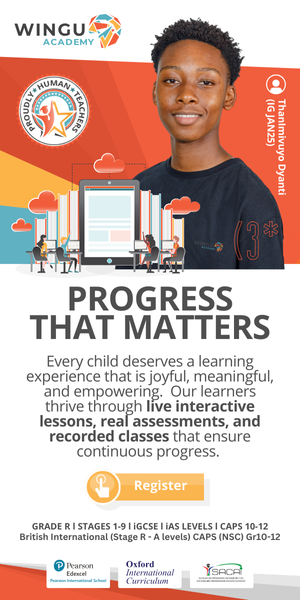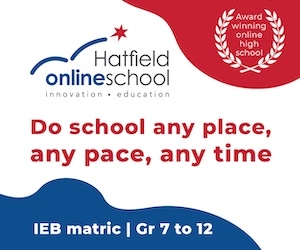
How to achieve deeper learning
Deeper learning is an educational outcome where students develop the ability to apply their knowledge in new contexts, to extend their ideas and to critically and creatively solve problems. Deeper learning should encourage self-directed learning, academic mastery, working collaboratively and communicating effectively. This stands in contrast to learning which focuses on students simply recalling and regurgitating information to pass a standardized series of tests or checkpoints. As an example, when students are presented with a study of World War 2, a student who displays only the ability to reproduce facts, would be able to name dates associated with the war, as well as prominent figures or events, but would fail to answer essay type questions of which the content could not be memorized beforehand. But a student who possesses deeper learning skills, would, for example, be able to argue what the socioeconomic and political circumstances were that led to this war, by critically interpreting the narrative of the events. Unfortunately, through the traditional education system’s standardized and lecture based approach, deeper learning is often not encouraged in the classroom. There are however, numerous ways in which educators can encourage deeper learning in their students, as will be discussed below. Parents who are home schooling their children might also be interested in finding out how they can achieve deeper learning outcomes through their parent-led teaching. And other home schooling parents who make use of a curriculum service provider should ensure that their chosen provider employs strategies that leads to deeper learning outcomes. 1. Contextualize learning Humans are emotional beings. We remember things better if we can feel some personal connection to it. This explains why we can remember the plots of movies or films even long after we’ve finished watching or reading it, as we relate to the characters and circumstances. But how can we leverage this to enable deeper learning of academic content? The answer is to contextualize the work being learned. For example, instead of just teaching students about the basics of atmospheric pressure, contextualize the learning by asking them to consider why their ears block when an airplane rapidly climbs or descends. As this is something that students may have experienced before, presenting the information in this way allows students to integrate this new-found knowledge into their pre-existing reference framework, which in turn enables them to visualize and understand the underlying principles better. A quote by Dr. David Bilkey explains this well: “Most of the time, when you are presented with new information, you will remember it much better if you can integrate it into your pre-existing scaffold – your knowledge of the world and how it works”. Another wonderful way in which educators contextualize learning, is to demonstrate to students how certain knowledge and skills are applied to real world careers. For example, if you know someone in the field of forensic anthropology, why not invite them to give a presentation on their work, once the students start studying the skeletal system in Biology. 2. Empower students to take charge of their own learning Inquiry based learning is a great tool to help students reach deeper learning outcomes. Getting students invested in projects, such as to design a crash safety system for an egg dropped from a building, or to redesign an app, allows them to actively participate in the problem solving process and encourages critical thinking. For example, if students are tasked to design an app that can track the energy expenditure of a household, the students will have to think critically and creatively about the different metrics involved, and how these will be monitored. These kind of projects also afford students the opportunity to work in groups, which teaches them essential communication and collaboration skills. These kind of projects can also afford an opportunity to create a community of learning. Older students can act as mentors to younger students, to encourage an environment of collaboration. Furthermore, a clever way to get students invested in their learning, is to personalize the learning according to their age group, or to the individual student themselves. Most upper and lower secondary students know recently popularized superhero movies. Incorporating examples of these characters into the explanation of certain concepts can be the “hook” that gets students invested in the underlying subject matter. For example, when explaining conservation of momentum, sketch a scenario where Ironman and Captain Marvel are involved in a collision, instead of using more generic examples. Want to teach students essay writing skills? Instead of presenting students with a predefined list of topics or prompts, involve students in their learning by having them draw up their own list of prompts from which to choose, in class. 3. Leverage technology Technology can be a brilliant way through which to encourage deeper learning in students of all ages. However, as with all tools, the power of technology as an educational medium, lies in the way in which it is implemented. By using computer programs such as spreadsheet software to handle complex data, or collaborative cloud computing tools such as shared drives and cloud based software (Google docs, Google slides), students are encouraged to effectively communicate and collaborate, whilst developing research and critical thinking skills. In an online learning management system, interactive games, quizzes and simulations can be used to guide self-directed learning, where incentives such as badges or a gamified leader board can encourage students to attain academic mastery of subject topics. Furthermore, technology associated with the 4th industrial revolution is increasingly shaping the way in which we work, and it is also shaping the future career landscape in which our current students will find themselves upon graduation. Using technology to teach students vital 4IR skills is essential, and can be used to enable a rich, deeper learning experience. For example, additive manufacturing (3D printing) has seen remarkable growth in recent years. Students can be taught Computer Aided Design (CAD) skills, which – if integrated with their knowledge of coding and electronics – can be used to design systems that






































